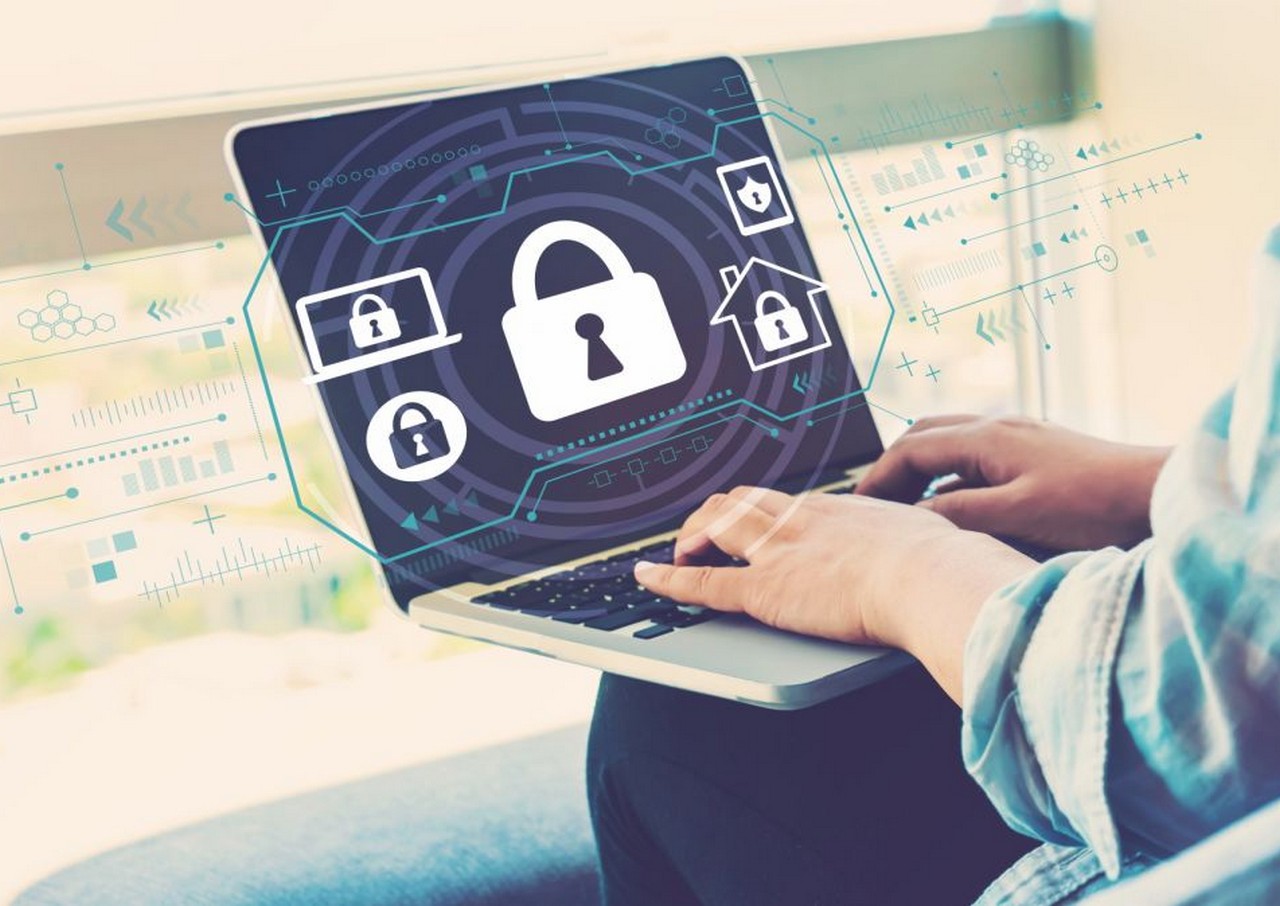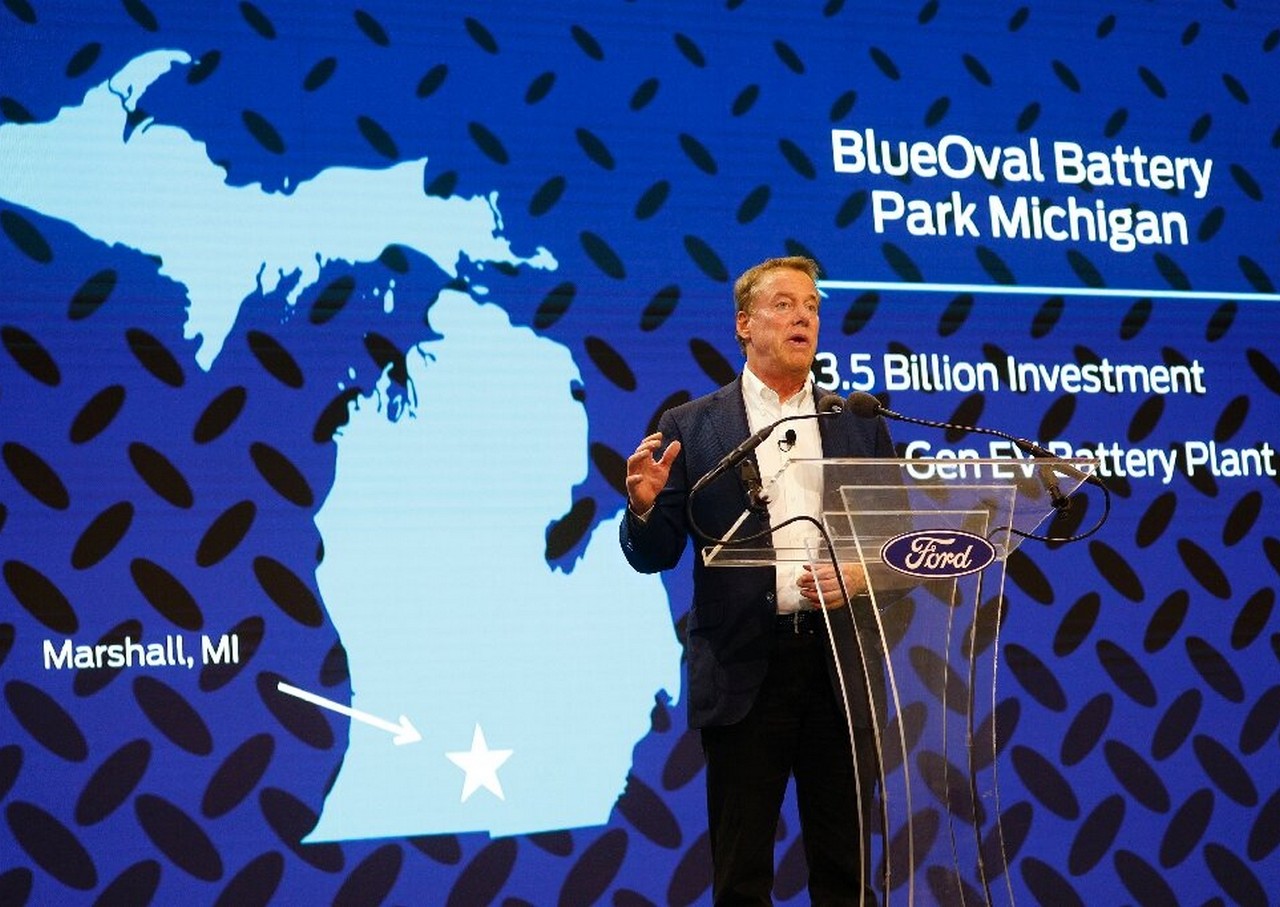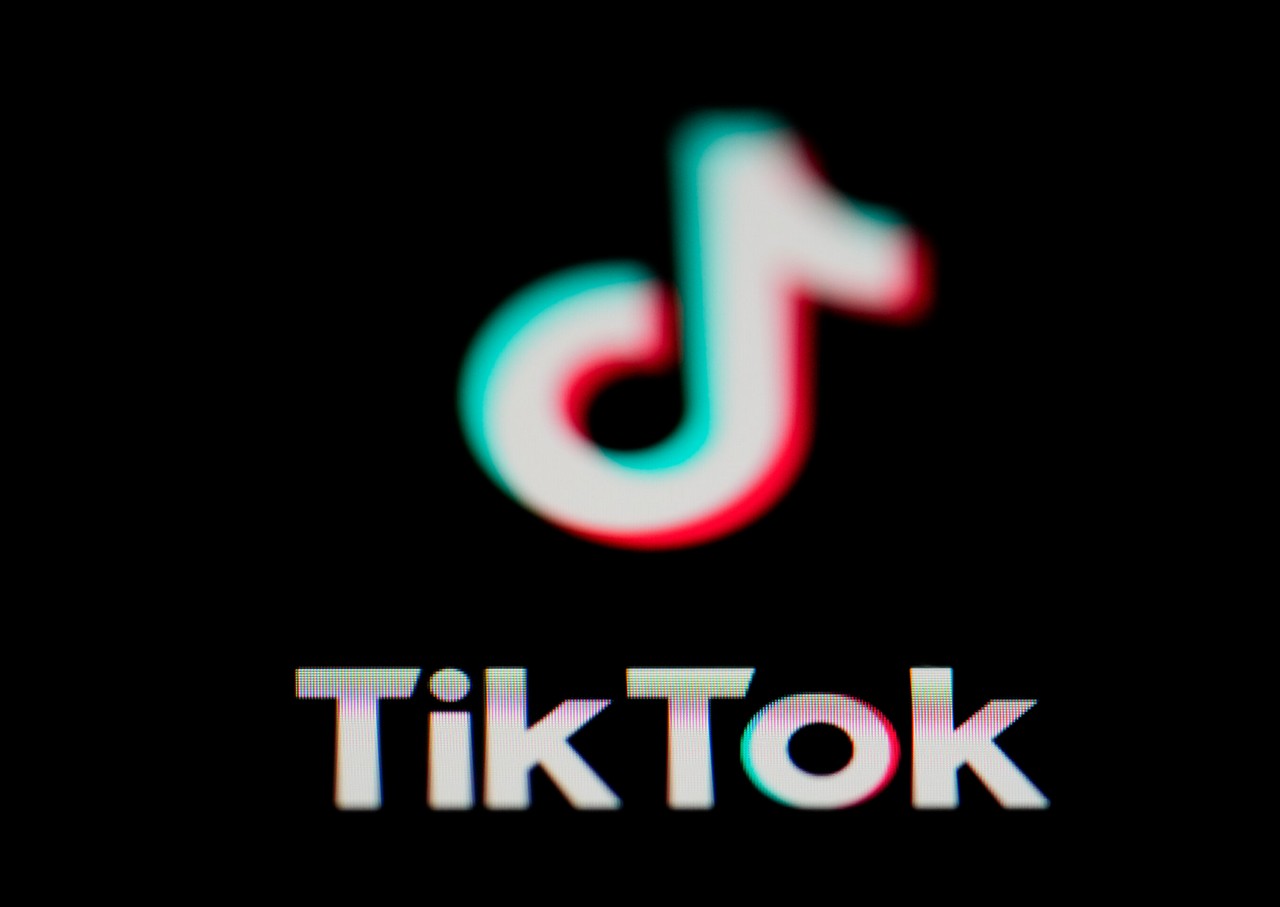Social media companies have usually been freed from cost for customers, however now, with advert revenues slowing down, social media corporations are on the lookout for new income streams past focused advertisements. Now, Twitter is charging for its blue examine verification, and Meta and Twitter each cost for identification safety.
Customers profit from “free” companies similar to social media platforms. In accordance with one examine, within the U.S., Fb customers say they must be paid within the vary of $40 to $50 to go away the social networking service for one month. In case you worth Fb extremely sufficient that you simply’d must receives a commission to take a break, why not pay for these new companies should you can afford them?
Meta plans to supply paid buyer assist and account monitoring on Fb and Instagram to protect in opposition to impersonators for US$11.99 a month on the net and $14.99 a month on iOS gadgets. Twitter’s proposed adjustments make two-factor authentication through textual content messaging a premium function for paid customers. Twitter Blue prices $8 a month on Android gadgets and $11 a month on iOS gadgets.
As a researcher who research social media and synthetic intelligence, I see three issues with the rollout of those options.
The collective motion drawback
Info items, similar to these offered by social media platforms, are characterised by the issue of collective motion, and knowledge safety isn’t any exception. Collective motion issues, which economists describe as community externalities, outcome when the actions of 1 participant in a market have an effect on different members’ outcomes.
Some folks would possibly pay Fb for improved safety, however general, collective well-being is determined by having a really giant group of customers investing in higher safety for all. Image a medieval metropolis below siege from an invader the place every household can be liable for a stretch of the wall. Collectively, the neighborhood is just as sturdy because the weakest hyperlink. Will Twitter and Meta nonetheless ship the promised and paid-for outcomes if not sufficient customers join these companies?
Whereas giant platforms similar to Fb and Twitter may gain advantage from lock in, which means having customers who’re depending on or at the least closely invested in them, it is not clear what number of customers can pay for these options. That is an space the place the platforms’ revenue motive is in battle with the general objective of the platform, which is to have a big sufficient neighborhood that folks will proceed utilizing the platform as a result of all of their social or enterprise connections are there.
Economics of knowledge safety
Charging for identification safety raises the query of how a lot every individual values privateness or safety on-line. Markets for privateness have posed an identical conundrum. For digital merchandise specifically, shoppers usually are not absolutely knowledgeable about how their information is collected, for what functions and with what penalties.
Scammers can discover some ways to breach safety and exploit vulnerabilities in giant platforms similar to Fb. However valuing safety or privateness is difficult as a result of social media customers have no idea precisely how a lot Meta or Twitter invests in preserving everybody secure. When customers of digital platforms don’t perceive how platforms safeguard their data, the ensuing lack of belief may restrict the variety of folks keen to pay for options similar to safety and identification verification.
Social media customers specifically face imperfect or uneven details about their information, in order that they have no idea how one can accurately worth options similar to safety. In the usual financial logic, markets assign costs primarily based on consumers’ willingness to pay and sellers’ lowest acceptable bids, or reservation costs. Nonetheless, digital platforms similar to Meta profit from people’ information by advantage of their dimension—they’ve such a lot of private information. There is no such thing as a marketplace for particular person information rights, despite the fact that there have been a couple of coverage proposals similar to California governor Gavin Newsom’s name for a knowledge dividend.
Some cybersecurity consultants have already identified the downsides to monetizing security measures. Particularly, in giving a really rushed timeline, one month from announcement to implementation, to pay for a safer possibility, there’s a actual threat that many customers will flip off two-factor authentication altogether. Additional, safety, person authentication and identification verification are points that concern everybody, not simply content material creators or those that can afford to pay.
Within the first three months of 2022 alone, almost one-fifth of teenagers and adults within the U.S. reported their social media accounts getting hacked. The identical survey discovered that 24% of shoppers reported being overwhelmed by gadgets and subscriptions, indicating important fatigue and cognitive overload in having to handle their digital experiences.
It is usually the case that social media platforms usually are not actually free. The outdated adage is if you’re not paying, then you’re the product. Digital platforms similar to Meta and Twitter monetize the large tracts of information they’ve about customers by way of a fancy on-line advertising-driven ecosystem. The system makes use of very granular particular person person information and predictive analytics to assist corporations microtarget on-line advertisements and monitor and examine promoting views with outcomes. There are hidden prices related to folks’s lack of privateness and management over their private data, together with lack of belief and vulnerability to identification theft.
Social media and on-line harms
The opposite drawback is how these strikes to monetize safety choices improve on-line harms for susceptible customers with out identification safety provisions. Not everybody can afford to pay Meta or Twitter to maintain their private data secure. Social bots have change into more and more extra subtle. Scams elevated by nearly 288% from 2021 to 2022, in line with one report. Scammers and phishers have discovered it simple sufficient to achieve entry to folks’s private data and impersonate others.
For many who are scammed, the method of account restoration is irritating and time-consuming. Such strikes would possibly damage probably the most susceptible, similar to those that want Meta to seek out entry to job data, or the aged and infirm who use social media to find out about what is going on of their communities. Communities which have invested assets in constructing a shared on-line area utilizing platforms similar to Twitter and Fb could also be harmed by monetization efforts.
Individuals are uninterested in having to navigate quite a few subscriptions and having safety and privateness considerations that persist. On the similar time, it is an open query whether or not sufficient customers can pay for these companies to spice up collective safety. In the end, the service a social media platform presents is the chance to attach with others. Will customers pay for the flexibility to take care of social connections the way in which they pay for content material, similar to leisure or information? Social media giants might have a troublesome path forward.
Offered by
The Dialog







